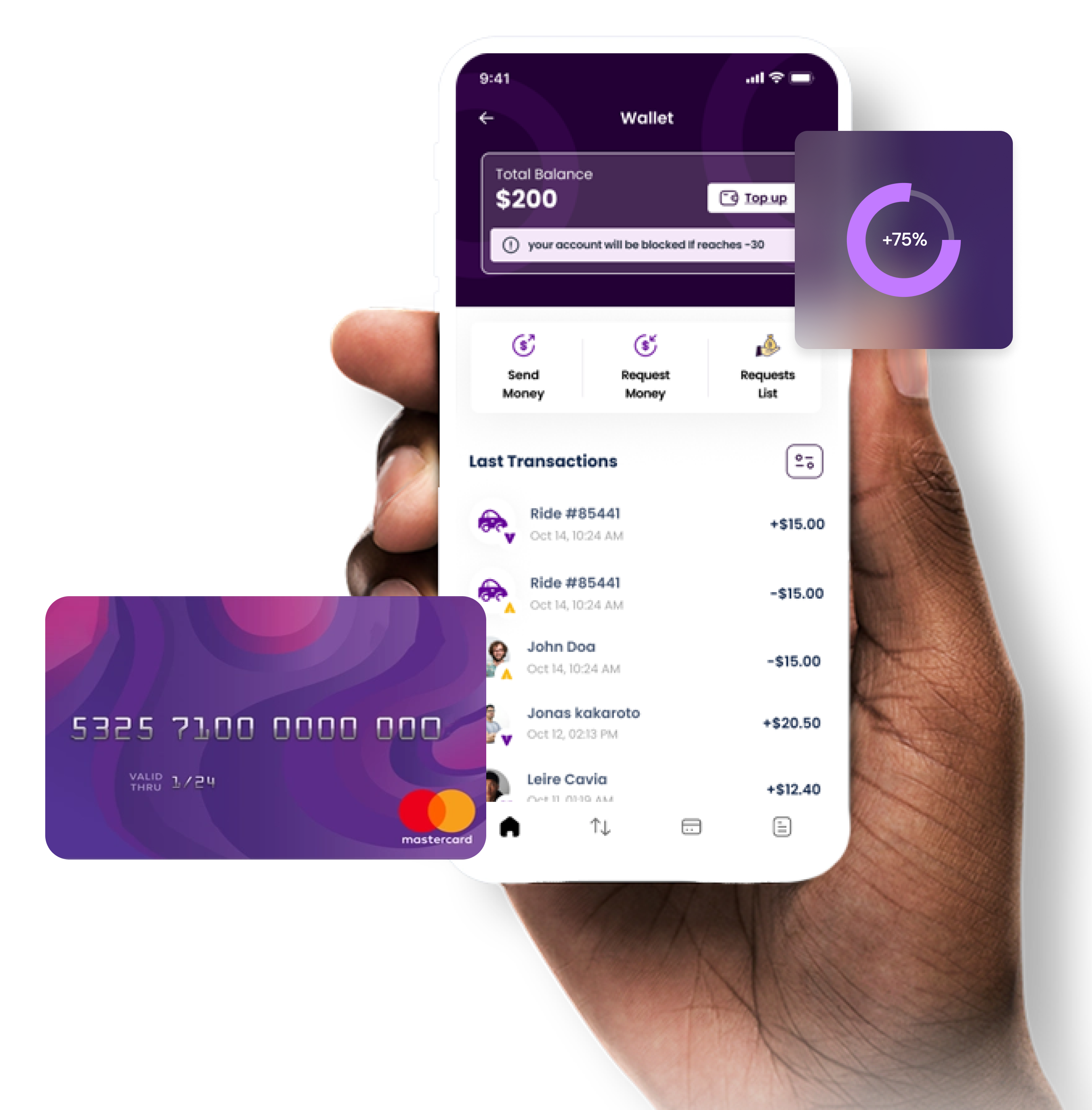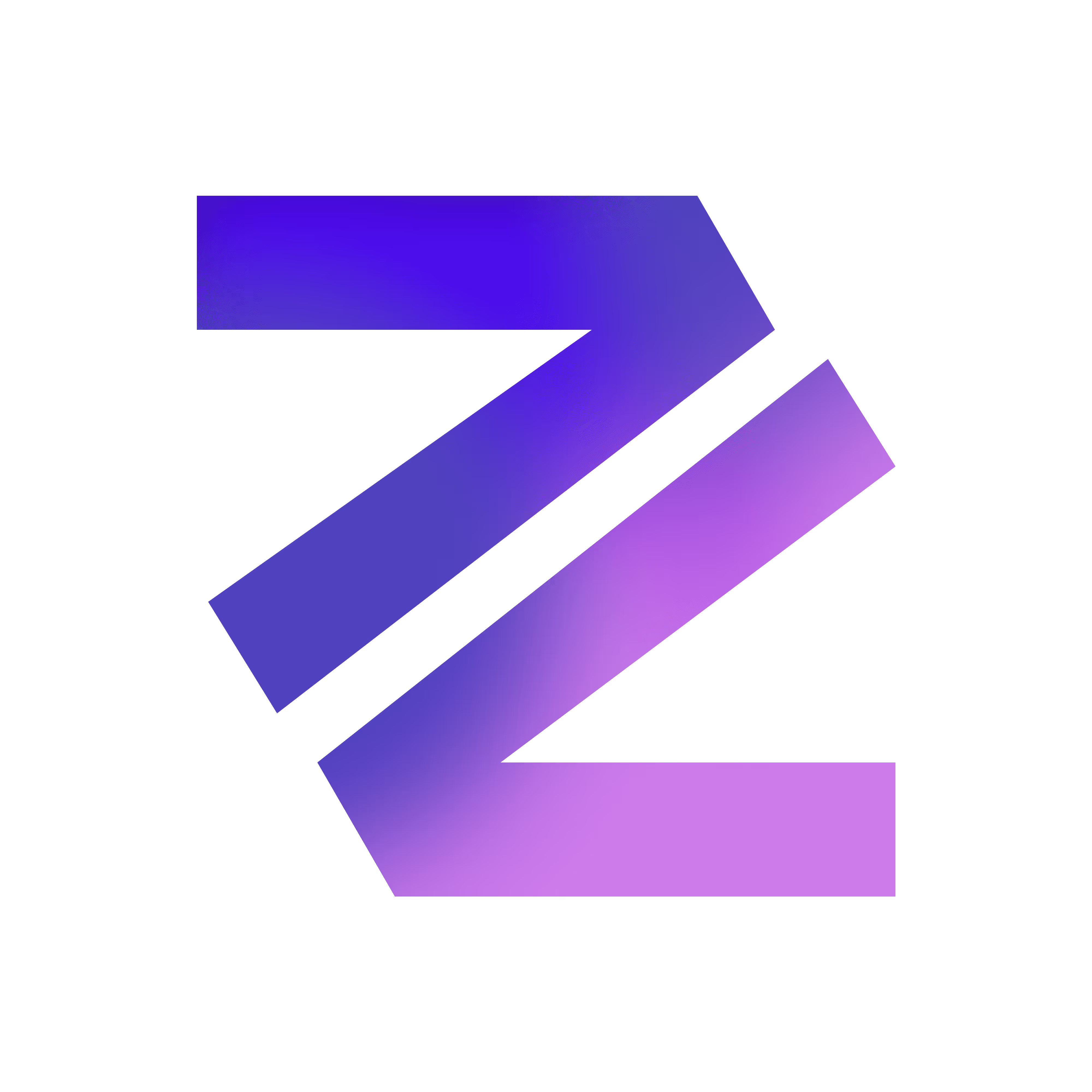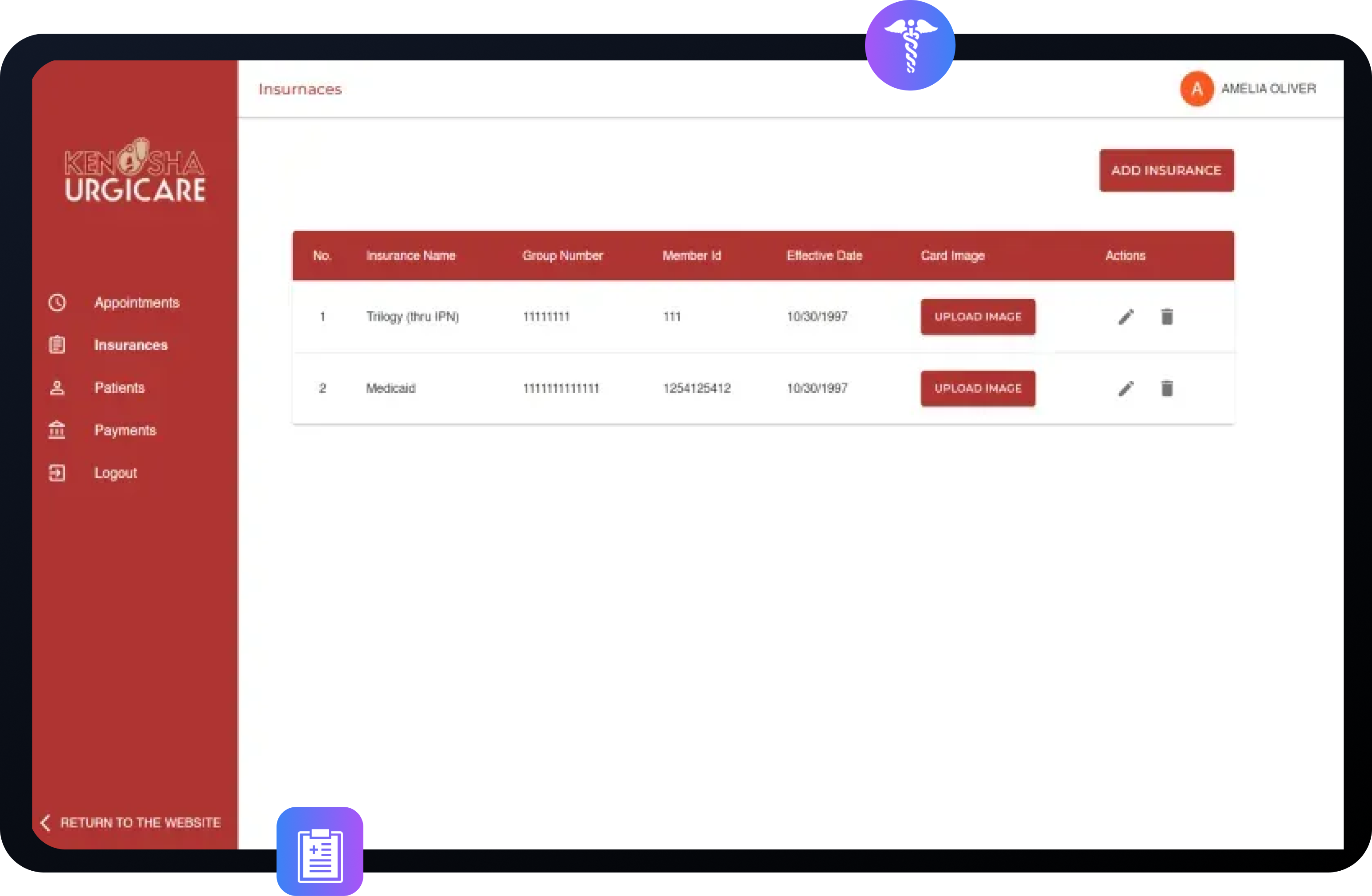Why
Healthcare Needs Technology More Than Ever
The healthcare industry is undergoing a massive digital transformation. According to Deloitte’s 2024 Healthcare Outlook, global spending on digital health technologies is projected to reach $660 billion by 2025, driven by the demand for telehealth, patient engagement platforms, and smarter hospital management systems.
Patients now expect faster access to care, remote consultations, secure digital records, and personalized treatment options. Healthcare providers, on the other hand, are under pressure to improve efficiency, comply with regulations, and reduce costs.


.avif)
.png)
.png)
.png)
.png)
.png)
.png)
.png)
.png)
.png)

.png)
.png)
.png)
.svg)
.png)
.png)

.png)
.png)
.png)
.png)


.png)
.avif)



